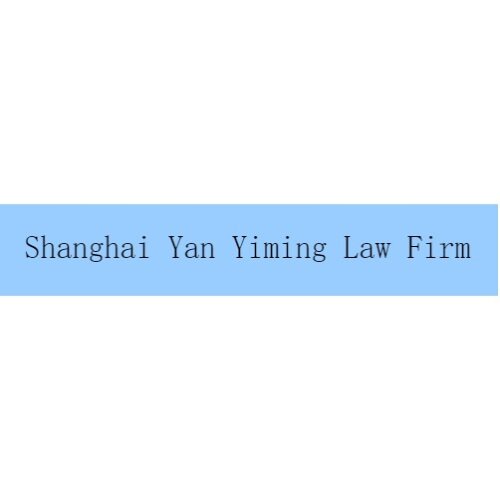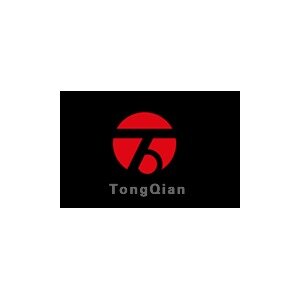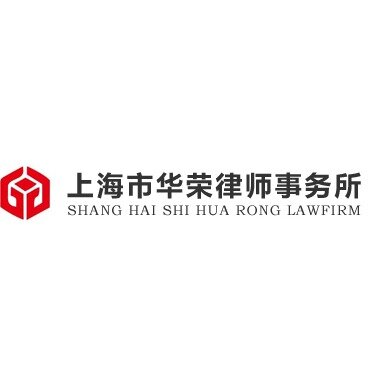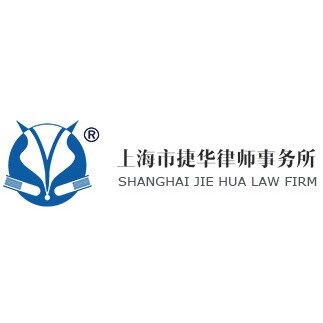Best Water Law Lawyers in Shanghai
Share your needs with us, get contacted by law firms.
Free. Takes 2 min.
List of the best lawyers in Shanghai, China
About Water Law in Shanghai, China
Water Law in Shanghai, China, refers to the legal framework that governs the management, protection, usage, and distribution of water resources within the city. As a rapidly growing metropolitan area, Shanghai faces significant challenges in balancing economic development with the sustainable use and protection of its rivers, lakes, groundwater, and coastal waters. The legal system seeks to regulate how individuals, businesses, and organizations access and utilize water, prevent pollution, and ensure consistent supply for domestic, industrial, and agricultural needs. Water law also addresses issues related to flood control, water conservation, and ecological protection.
Why You May Need a Lawyer
Seeking legal advice in matters of Water Law may become necessary for several reasons. Common situations where involvement of a lawyer can be crucial include:
- Disputes over water rights, usage allocation, or access between neighboring property owners or enterprises
- Compliance with water resource management regulations imposed by local authorities
- Responding to allegations or enforcement actions related to water pollution or illegal discharges
- Facing regulatory investigations relating to construction projects near water bodies
- Negotiating permits and licensing for water use, waste water treatment or discharge
- Seeking compensation for damages caused by water-related incidents, such as flooding or pollution
- Participating in public hearings or policy development concerning water resources
- Addressing environmental impact assessments for new developments or expansions
- Defending against penalties for non-compliance with flood control or wetland protection
- Guidance on water conservation requirements and incentives for businesses
Local Laws Overview
Water law in Shanghai is governed by a combination of national legislation, such as the Water Law of the People’s Republic of China, as well as local regulations enforced by municipal and district-level authorities. Some of the key areas covered include:
- Water Resource Allocation: Establishes priorities for water usage among domestic, agricultural, industrial, and ecological needs.
- Water Use Permitting: All significant water withdrawals, wastewater discharges, and developments within water source areas require administrative approval.
- Pollution Prevention and Control: Strict limits are imposed on pollutants, with significant penalties for violations, especially in protected zones.
- Flood Management: Regulations require compliance with flood prevention systems and discourage construction in flood-prone areas.
- Ecological Protection: Special provisions exist to maintain wetland habitats, river corridors, and natural recharge areas.
- Drinking Water Safety: Rules established for the protection of drinking water source areas, including restrictions on certain land uses and activities.
- Penalty Provisions: Administrative, civil, and even criminal penalties may be imposed for violations, depending on the severity and nature of the offense.
- Dispute Resolution: Processes include administrative review, litigation, and mediation for resolving water-related conflicts.
Frequently Asked Questions
What is the main legislation that regulates water resources in Shanghai?
The Water Law of the People’s Republic of China is the principal national law, supplemented by Shanghai municipal regulations such as the Shanghai Water Management Regulations.
Do I need a permit to use groundwater for my business or irrigation?
Yes, significant withdrawals of groundwater usually require a permit issued by local water authorities. Unauthorized extraction can result in fines or other penalties.
What are the consequences of discharging wastewater without proper treatment?
Illegal discharge of untreated or inadequately treated wastewater can result in fines, suspension of business operations, or even criminal liability in severe cases.
How does the government prioritize water use during a shortage?
During shortages, priority is generally given to basic living needs, followed by agricultural, industrial, and ecological uses, according to specific regulations and emergency plans.
Are there rules for building near rivers or lakes?
Yes, construction projects near water bodies must adhere to setback requirements, environmental impact assessments, and may require special permits to avoid contamination or flooding risks.
What role do environmental impact assessments play in water law?
Environmental impact assessments are mandatory for projects likely to affect water bodies or water quality. They help identify risks and mitigation measures before approval is granted.
How can I report illegal water pollution activities?
You can contact the Shanghai Municipal Bureau of Ecology and Environment or your local district office to report suspected violations. They have hotlines and online platforms for complaints.
Who resolves disputes over water usage rights?
Disputes can be resolved administratively by the water authority; if unresolved, parties may seek mediation or initiate court proceedings in the civil courts.
What penalties apply for violating water laws?
Penalties can include warnings, fines, orders to restore damages, suspension of activities, and in serious cases, criminal charges.
Can foreign-invested enterprises own water rights in Shanghai?
Foreign-invested enterprises can obtain water use rights through permits, usually for industrial purposes, but ownership of the water resource itself remains with the state.
Additional Resources
If you seek more information, guidance, or official procedures related to Water Law in Shanghai, consider the following resources and organizations:
- Shanghai Municipal Bureau of Water Resources
- Shanghai Municipal Bureau of Ecology and Environment
- Shanghai Water Authority
- China Ministry of Water Resources
- Local district water resource management offices
- Shanghai Environmental Protection Association
Public service hotlines, official websites, and legal aid centers also offer assistance.
Next Steps
If you believe you require legal assistance in Water Law matters, here is how to proceed:
- Assess your situation - Identify the specific water-related issue or compliance requirement you face.
- Gather relevant documentation, such as permits, notifications, inspection reports, or correspondence with authorities.
- Contact a qualified legal professional specializing in Water Law or environmental regulations in Shanghai.
- Consult with local government agencies for clarification on permits, licenses, or enforcement actions.
- Consider mediation or administrative review if disputes can be resolved without litigation.
- Seek legal representation for formal proceedings or negotiations with regulatory bodies.
Timely action can help you avoid significant penalties, ensure compliance, and protect your interests under Shanghai’s evolving water law regime.
Lawzana helps you find the best lawyers and law firms in Shanghai through a curated and pre-screened list of qualified legal professionals. Our platform offers rankings and detailed profiles of attorneys and law firms, allowing you to compare based on practice areas, including Water Law, experience, and client feedback.
Each profile includes a description of the firm's areas of practice, client reviews, team members and partners, year of establishment, spoken languages, office locations, contact information, social media presence, and any published articles or resources. Most firms on our platform speak English and are experienced in both local and international legal matters.
Get a quote from top-rated law firms in Shanghai, China — quickly, securely, and without unnecessary hassle.
Disclaimer:
The information provided on this page is for general informational purposes only and does not constitute legal advice. While we strive to ensure the accuracy and relevance of the content, legal information may change over time, and interpretations of the law can vary. You should always consult with a qualified legal professional for advice specific to your situation.
We disclaim all liability for actions taken or not taken based on the content of this page. If you believe any information is incorrect or outdated, please contact us, and we will review and update it where appropriate.

















